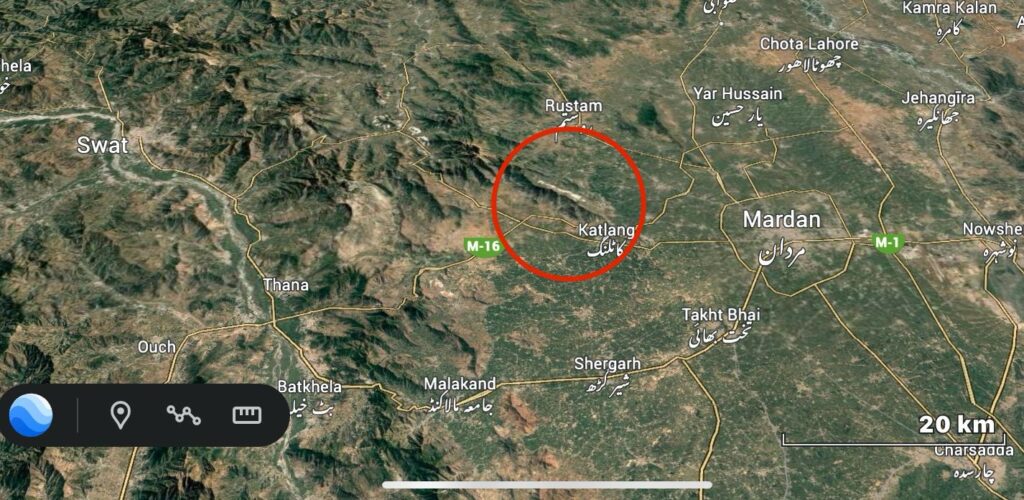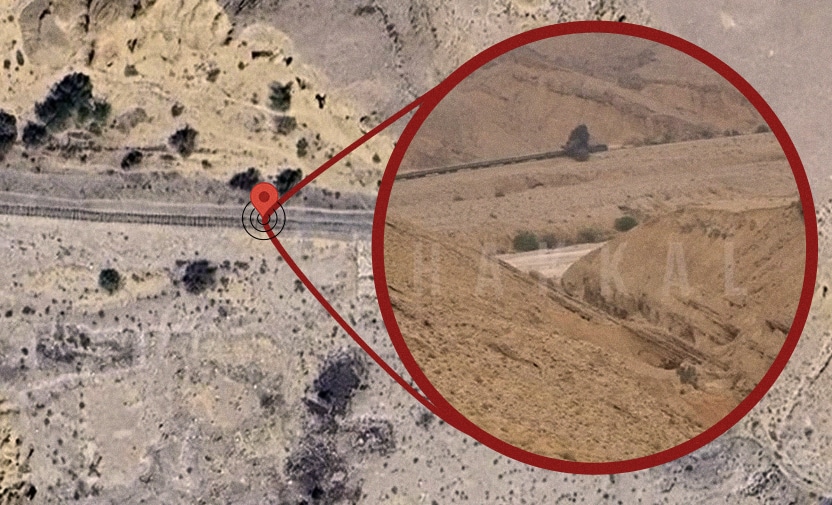ISLAMABAD: A joint investigation by Global Cyber Forensic Lab (GCFL) and European Center for Disinfo Tracking (ECDT) has revealed a large-scale Indian cyber operation targeting Pakistan using fake Baloch identities.
Over 21,000 accounts were created within a month claiming to be from Balochistan, but their login pings were traced to Indian cities like Mumbai, Pune, Bengaluru, and Noida.
Screenshots and digital forensics show these so-called “Baloch accounts” are part of a coordinated Indian propaganda network. Their content, engagement patterns, and verified followers align with pro-India and anti-Pakistan narratives.
Accounts like IFazilaBaloch (74.7k followers) and balochistanafact (6.4k followers) promote separatist content while being followed and supported by known Indian right-wing figures.
Another account, BalochFighter (67.6k followers), openly targets not just Pakistan but also Indian individuals promoting peace with Pakistan. Similarly, FreeBalochistan, created in March 2025 with 34.7k followers, shows signs of being a bot account using graphics linked to Indian think tank ICSS.
Traffic logs from the South Asian Digital Intelligence Network (SADIN) indicate that around 73% of sessions originated from Indian locations.
These accounts frequently share content from Indian organizations pushing anti-Pakistan views, especially around security in Balochistan.
The data indicates that 21,374 fake Baloch accounts became active in May 2025 alone. Of these, 85% had IP traces linked to Indian telecom providers like Airtel and Jio. GCFL identified 978 botnet clusters, recycling the hashtag #FreeBalochistan every three minutes.
These networks generated over 3.2 million engagements during recent border clashes to amplify Indian narratives.
Pakistan plans to present this evidence to the UN and OIC. According to its Foreign Ministry, the campaign violates international cyber laws and could lead to penalties under European regulations.
Experts suggest that proper enforcement of the Digital Contact Act 2023 could temporarily suspend nearly 1,500 verified Indian accounts on X.
This operation is a dual threat—destabilizing Pakistan internally and presenting a false image of a human rights rebellion abroad.
ALSO READ: NCCIA launches investigation against social media accounts promoting anti-state content
The misuse of X’s blue-check system reflects how digital monetization can be exploited for state-sponsored propaganda. Without a global cyber-regulation framework, this model could be replicated in other disputed regions, turning India’s current strategy into a future diplomatic liability.





